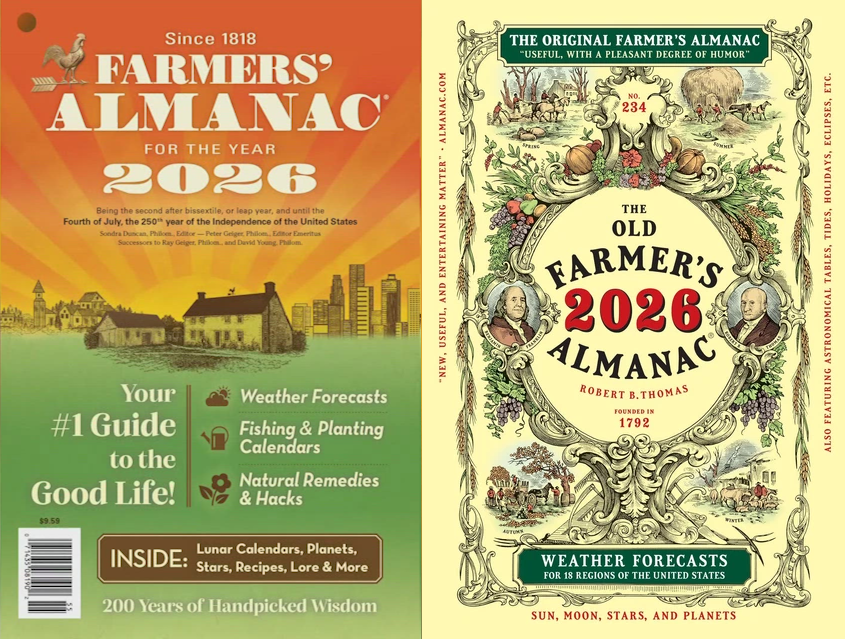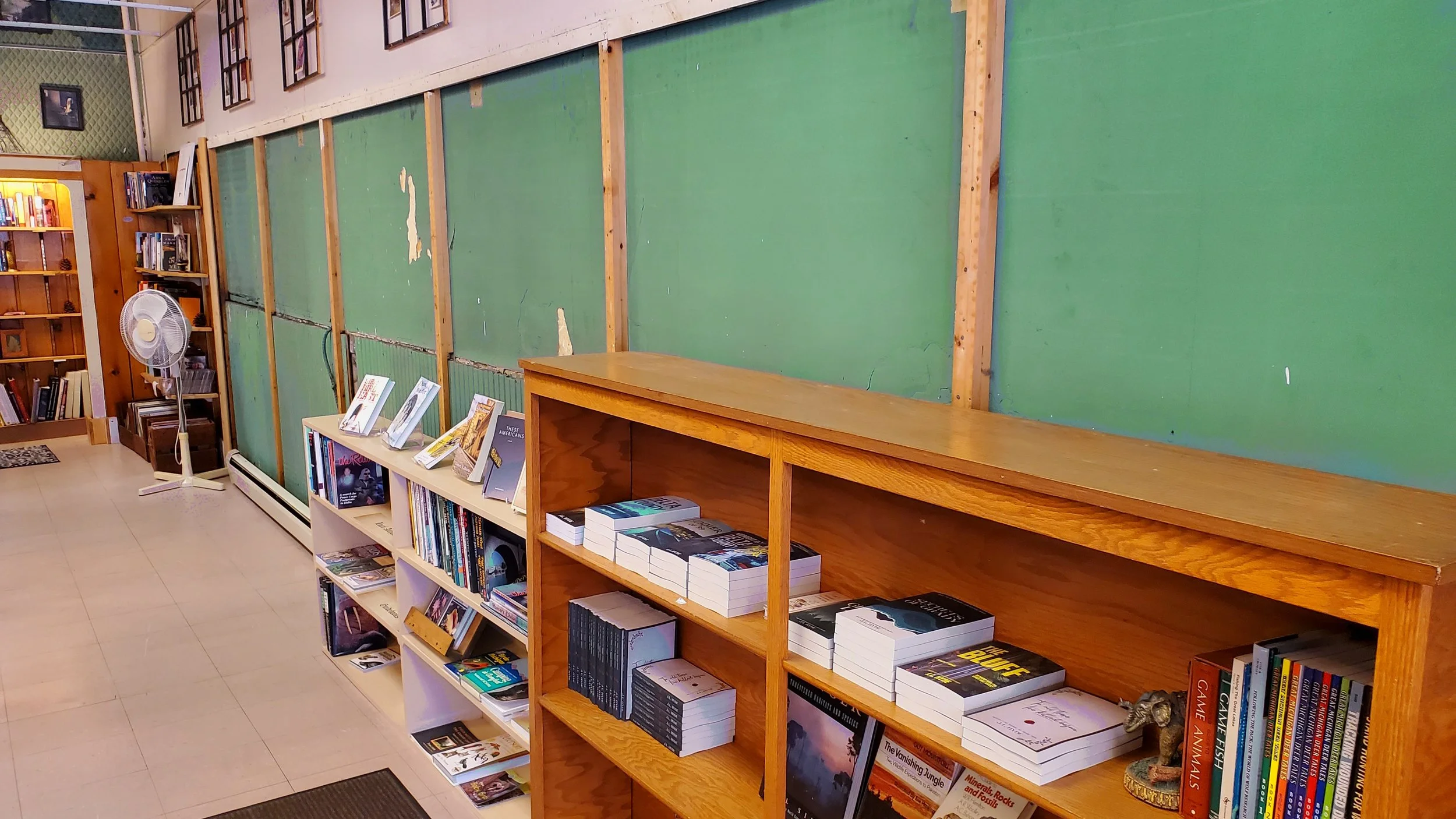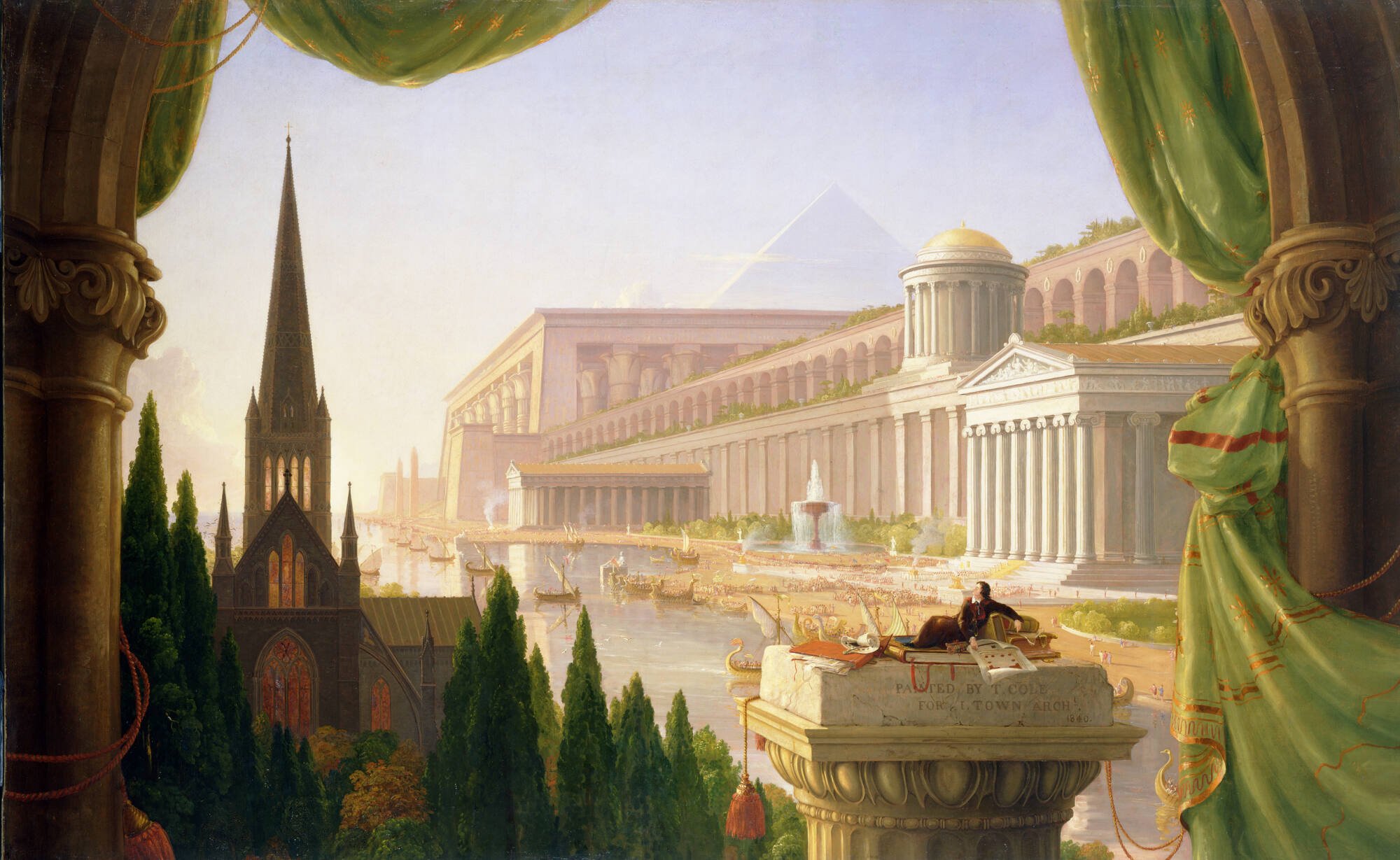I’ve been reading my way through a collection of Jorge Louis Borges’s short stories, and enjoying myself immensely. Even in translation, his writing is so full of wit and delightful turns of phrase; the stories and themes are weird and maddening without ever descending into grotesqueries. One story in particular has captured my imagination: The Library of Babel. I’m certainly not the only one fascinated by the concept, if all the allusions to it I keep running across are any indication (including the homage at https://libraryofbabel.info/). The premise of the story is this: the first-person narrator of the story is a denizen of a vast library world composed of hexagonal cells, or perhaps more aptly, hexagonal galleries. The creation of some mad god, these cells extend seemingly without limits in whatever direction you walk, whether through the corridors that connect adjacent rooms together, or up and down the staircases that allow access to other floors: an unending sheet of hexagons, hexagons stacked one on top of the other.
In each hexagonal cell, there are 20 bookshelves; on each shelf, 32 books; each book contains 410 pages; every page 40 lines; every line 80 characters, of which there are 25 possible (23 upper-case letters, a space, a comma, and a period). The librarians (for there is no other profession) of the Library theorize that it contains every possible permutation of book you could make using those 25 characters. Their evidence is that nearly every book is complete and utter nonsense; a random collection of letters and punctuation devoid of meaning, as most permutations would be. Finding one actual word would be a triumph; some librarians search their whole lives for the book that foretells their fate or contains their salvation – if all possible combinations are present, then certainly such a book exists.
Borges display his characteristic genius here, taking the idea often also expressed in the cliche “a thousand monkeys typing randomly on typewriters would eventually produce the works of Shakespeare,” and enlivening it with imagination, weirdness, and what it would mean to live with such a wonder. It would be terrible. Even if such jewels as the plays of Shakespeare, the poems of Attar, Ferdowsi, and Rumi, the novels of Chinua Achebe exist in this library, they are drowned and lost in a sea of gibberish. Nothing of meaning can ever be found in such a place.
But I was curious: the narrator did say that some librarians argued that while large, the Library was finite, being only large enough to contain all possible books. How large would such a library actually be? First, how many permutations of book are there? Given the description above, we can calculate each book contains roughly 1,312,000 characters; each of those some odd-million characters could be one of 25 possible symbols. This gives us the combinatorial 25^1,312,000 different possible books. This is an impossibly large number. Neither I, nor you, nor any creature can fathom a fraction of such a count. But let’s continue anyway!
The size of each hexagonal cell requires a bit of inference and guesswork; the narrator relates that each gallery is a little taller than the height of the average librarian – let’s call that 2 meters. If we give a generous length of 4 meters to a side of the hexagon, that gives us a volume of roughly 83 cubic meters . Each hexagon contains 640 books, so all we have to do is divide the (impossibly large) number of possible books by 640, and then multiply that number by 83 cubic meters to get the total volume of the Library of Babel.
Because I’m conventional, I want to convert my number of books to a base 10 exponential expression; I’m fuzzy on my logarithmic functions, but I think 25^1,312,000 is the same value as 10^1,836,800. Dividing that number by 640, and then multiplying by 83, gives us the volume of the Library: 10^1,836,799 cubic meters! Here we encounter the first sense of alienation by large numbers: intellectually, I know that number is a tenth, a whole order of magnitude!, smaller than the initial number of combinations. I can express this mathematically. But it doesn’t seem to have really moved how that number appears in my brain. It’s about to get worse.
Just how big is, to finally write the exponent as a superscript, 10^1,836,799 cubic meters [editors note - Squarespace formatting doesn’t allow superscripts, lol] ? Well, let’s compare it the biggest things I can think of: the universe. A common estimation of the diameter of the visible universe is 93 billion light years. I want to take a moment to emphasize how unfathomably large that is. Doing some simple math, the only kind I know, we can thus calculate that the visible universe is approximately 3.5×10^80 cubic meters in volume. It suddenly becomes very apparent that this isn’t a question of how many Libraries of Babel could you fit in the universe, it’s a question of how many universes could you fit in the Library of Babel. The answer is, you could fit approximately 10^1,836,719 visible universes in the Library of Babel.
This is monstrous. The biggest thing I can think of, the universe, something so big I have no hope of comprehending it, is itself multiplied by an unfathomably large number. Again, despite being reduced by 80 orders of magnitude, by the size of our universe, our original combinatorial number remains seemingly unreduced to my eyes.
To add yet one more absurdity to this exercise, even shrinking each hexagon of the library down to a cubic angstrom (an angstrom being approximately the diameter of an atom), and thus each book to sub-atomic size, has no discernable impact on our numbers. For such a tiny-celled Library of Babel would still occupy 10^1,836,767 m3, or 10^1,836,686 visible universes.
Did Borges know just how large he was making his hypothetical Library of Babel? He read widely, and from what little of his personality I can glean from the types of stories he writes, he might have delighted in working through such a mathematical exercise as ours.
I leave you with one last enormity to consider. In contrast to many of his fellow librarians, or narrator theorizes that if a librarian were to somehow reach the bounds of the Library of Babel, they would simply, unknowingly step into another Library of Babel, a repeat of the first, but one of many adjoining it, themselves adjoined by numerous other Libraries of Babel, and so on and so on, like cells in honeycomb.



























